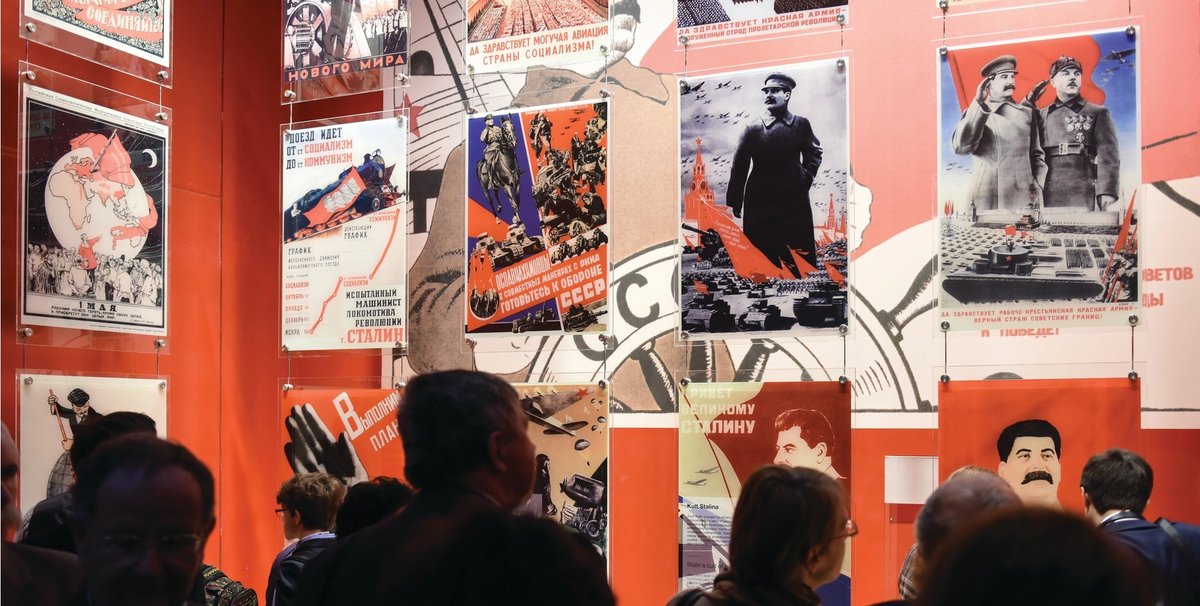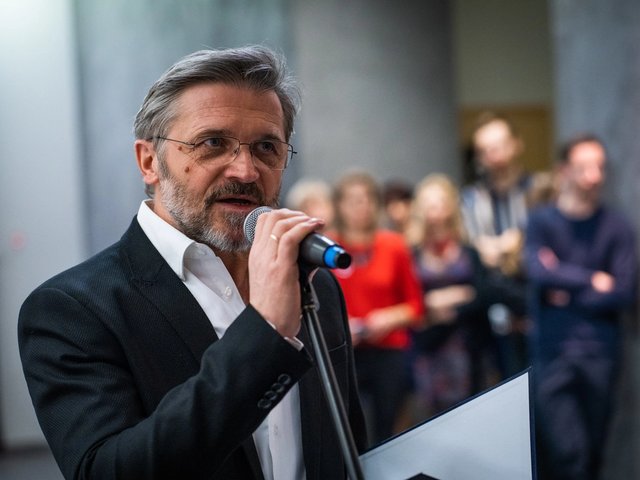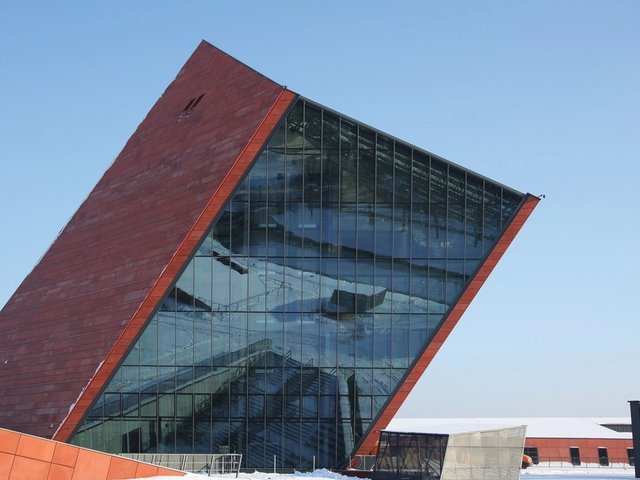The Polish historian Pawel Machcewicz has been dismissed from his role as director of the newly-opened Second World War Museum in Gdansk, one of the world’s largest historical museums. The move comes shortly after a court ruling paved the way for a controversial merger with the still-unbuilt Westerplatte Museum, allowing Poland’s right-wing PiS government to create a new state-sanctioned institution.
On 6 April, Poland’s minister of culture, Piotr Glinski, appointed Karol Nawrocki as the acting director of the merged institutions. Nawrocki joins the museum from the Gdansk branch of the Institute of National Remembrance where he has headed the Regional Public Education office since 2014. His first task as acting director will be to examine the museum’s “financial and employment situation”, according to a statement.
The Second World War Museum has long been a thorn in the side of the nationalistic PiS government, which describes the museum's permanent exhibition as too universal. In December 2015, Glinski ordered the creation of another war museum in Gdansk focusing on the battle of Westerplatte. Months later, Glinski called for the two war museums to merge—a development that would grant the government the right to sack the director and change the displays. After much legal wrangling, on 5 April the Polish Supreme Administrative Court cleared the way for the merger to go ahead.
Initiated in 2008 by the previous prime minister Donald Tusk of the centrist Civic Platform party, the 6,000 sq. m museum houses around 40,000 objects ranging from family heirlooms to military equipment. High-profile historians including Norman Davies and Timothy Snyder sit on the museum’s advisory board. The museum opened in a hurry to invited guests at the end of January before the government could intervene in the displays. Synder called the museum an “historic achievement”. It opened to the public on 23 March.
Machcewicz tells The Art Newspaper that Nawrocki is considering “introducing changes to the exhibition”. The former director says he plans to protect the existing displays on the grounds of copyright.





